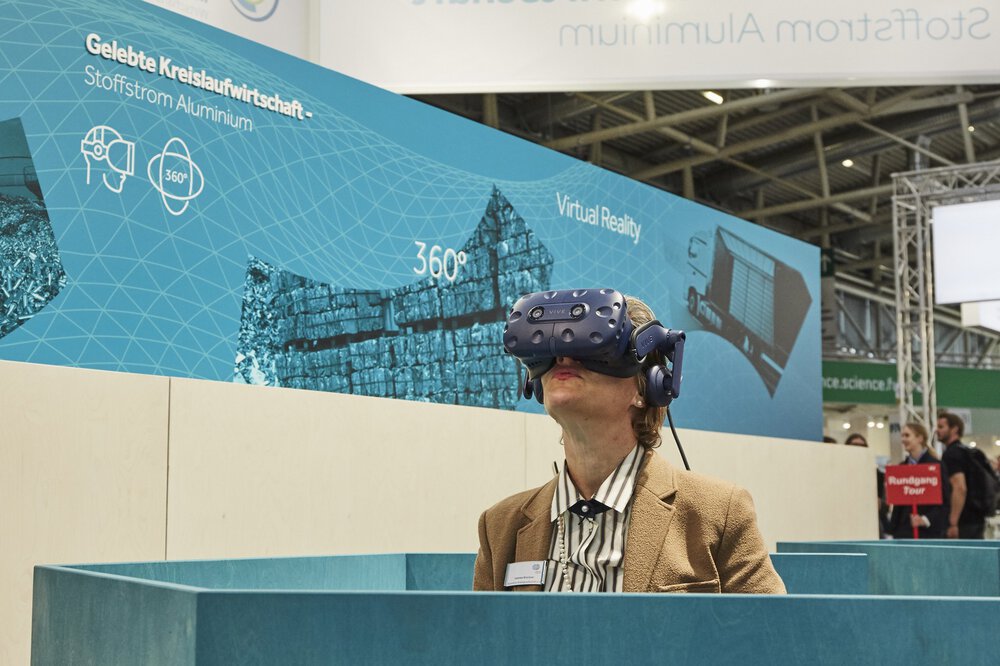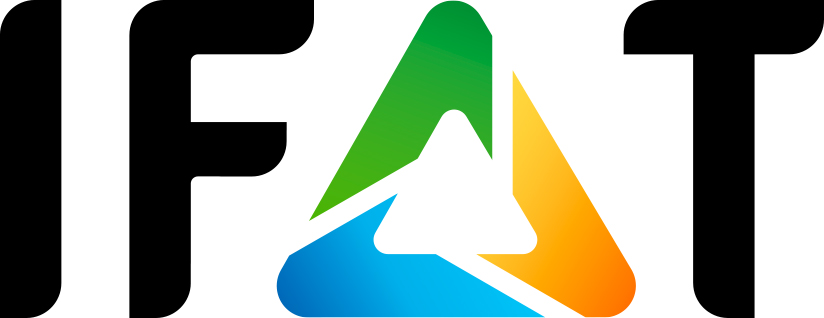Digitalization as a driver of circular economy
“Digitalization will significantly change today's circular economy,” Naemi Denz is certain. According to the Managing Director of the Waste Treatment and Recycling Association in the German Engineering Federation (VDMA), digitally transmitted information, for example, will ensure that secondary raw materials can be designed with even greater precision. “In the future, the composition of the input material will be analyzed in real time and the treatment process will be controlled by the output. For mechanical and plant engineering this means that the trend moves away from pure mechanical treatment. Measuring and analysis devices will be used more commonly, as are automation components”, predicts the expert.

Using digital watermarks for sorting packaging
One current example of this new approach is the Holy Grail project of the association Petcore Europe: over the past three years, 29 well-known companies from the consumer goods and recycling industries have made efforts to use digital watermarks to create a better basis for sorting plastic packaging. These watermarks—i.e. codes invisible to the human eye—were printed on labels, sleeves, films, bags and bottles. Specific scanners can then read them and thus give information on the packagings’ material and whether they contained food, cosmetics or detergents. According to Petcore Europe, existing sorting systems can be easily upgraded with such a scanner. The next step currently planned is to test the new technology on a production line and on an industrial scale.
Intelligent injection molding machines and robotic disassembly
Digitalization also can enable further process innovations: for example, digitally supported injection molding machines that react to material fluctuations and thus process recycled plastics better than before. Robotic systems equipped with artificial intelligence would be able to accelerate and improve dismantling or waste separation. And given the current high transaction costs, new digital market and logistics platforms could help to match supply and demand even more easily.
Promotion—while monitoring risks
The German Federal Environmental Foundation (DBU) attaches great importance to digitalization when it comes to implementing the major political and social environmental goals—which include an efficient circular economy. Hence, this year, the foundation initiated a special program worth one and a half million euros to promote green start-ups focusing on digitalization. According to DBU Secretary General Alexander Bonde the risks of digital solutions will also be kept in mind: “We want to shape digitalization in such a way that it helps us to protect the environment, nature and climate—and does not lead to more consumption of scarce raw materials and environmental pollution.”
Investment and the development of common interfaces
Industry newcomers and their digital ideas are therefore welcome. And what does Circular Economy 4.0 mean for the established disposal and recycling companies? “First and foremost, investments at all levels. After all, the companies must push ahead with their digitalization even faster and more emphatically than before and deal with new competitors on the market,” Naemi Denz explains.
Peter Kurth, President of the Federal Association of the German Waste, Water and Raw Materials Management Industry (BDE): “Smooth digital processes allow companies in the waste management industry to cooperate even more efficiently. It is important, however, that companies speak a common language in digital processes in the future.” According to the BDE there is a demand for consistent standards in the companies’ digital communication with their customers and, above all, for coordinated interfaces. In this context, the association is currently working on defining harmonized data fields for the exchange of order-related performance data (AvaL) while considering the currently available communication paths. “Our AvaL project is especially essential for medium-sized businesses. We invite all companies in the industry to jointly advance this interface,” Peter Kurth emphasizes.
